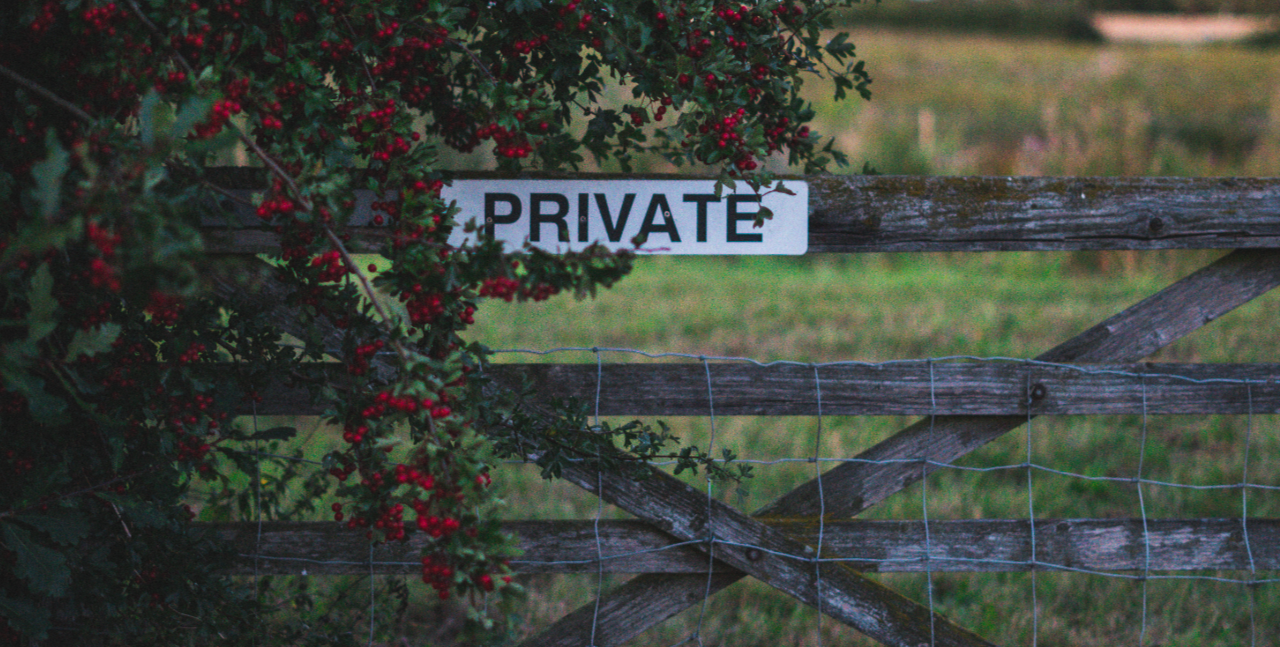Representatives from the Irish Farmers’ Association (IFA) are scheduled to meet with the Minister for Justice early next week to highlight to her directly, the growing concerns of farming communities about illegal hunting on their farmland.
The IFA has been actively supporting increasing numbers of farming families across the country in recent weeks who have reported a rise in unauthorised hunting incidents on their land.
The meeting with Minister Helen McEntee is expected to take place in her constituency in Meath.
The IFA Limerick’s county chair, Sean Lavery, said he personally knows of farmers who have been confronted by unauthorised groups of strangers with dogs or lurchers who claim to be hunting for rabbits on their land.
“We know that there are, in some instances, large numbers of people who are travelling to certain parts of the country to hunt with dogs and lurchers,” he said.
“They come on to farmland to hunt without the permission of the owner and if the owner challenges them then their tone can become quite aggressive.
“Farmers and their families are very worried about this, there is a lot of anxiety around this behaviour now and a feeling that they haven’t been getting the support they need because of a lack of Garda resources to tackle this,” Lavery warned.
He said that there is a noticeable level of intimidation being directed towards farmers from some unauthorised people who are hunting on open farm land that urgently needs to be addressed.
Quicker responses
“This is a very grey area, who is the law supporting here?” Lavery asked.
“I spoke to one farmer who has had numerous encounters on his land with strangers who arrived with dogs to hunt, who were dropped off at one gate and then picked up by another party at another gate – it all appeared to be well pre-arranged.
“This farmer had heifers in one field that are to calf and they were spooked by a pack of men and dogs. The farmer was not listened to by this group and the heifers ended getting caught up in electric fencing, he doesn’t know yet what the outcome of that interaction will be- but will it lead to abortions in those heifers?
“He is very, very nervous that this type of thing is going to lead to more confrontation and he is not the only one with these fears.”
The IFA Limerick chair said it is well documented that calls are regularly made by farmers in this position to Gardaí and he said farmers throughout the country would like quicker response times when they report incidents about unauthorised hunting parties on their land.
“These are not random incidents, these are planned hunting trips and there needs to be a focused response to this particular problem. It is not just happening in isolation, it is happening all over the country and we know the level of concern among farmers about it.
“Sometimes the Gardaí appear not to have the ability to immediately respond to calls about these type of incidents and that is not reassuring for farmers,” Lavery added.
He said 250 people had attended a recent IFA meeting in Adare to specifically voice their concerns about illegal hunting and he is aware of similar responses to recent IFA meetings in Galway, Meath and south Tipperary.
“This is an issue that people are very concerned about – the hard fact is that it is a national problem and needs a national response,” the IFA Limerick chair said.
An Garda Síochána told Agriland that it is very aware of the impact that the fear of crime and anti-social behaviour can have on both victims and communities.
In a statement it said: “An Garda Síochána is not responsible for simple civil trespass matters. An Garda Síochána does encourage any person who observes persons they believe are trespassing on their land to contact An Garda Síochána through 999.
“An Garda Síochána will respond to the particular circumstances of the incident in question. On receipt of any formal complaint from any individual in relation to trespassing on their property An Garda Síochána will fully investigate the matter.”
Regional control room strategy
The Gardaí also outlined that it operates a “regional control room strategy” which it said ensures that Garda resources are available to respond to calls for service from the public, including situations “where a local resource is not immediately available”.
It added that calls for service, routed through the regional control rooms are “prioritised for response, based on a number of factors including, but not limited to, the information provided by the caller at the time and the level of response requested by the caller”.
The statement detailed that “higher priority calls will always take priority over lower priority calls”.
An Garda Síochána has also highlighted that there is a legal difference between “civil trespass and criminal trespass”.
“Criminal trespass usually involved some intent on behalf of the person to commit some further criminal offence,” it added.
